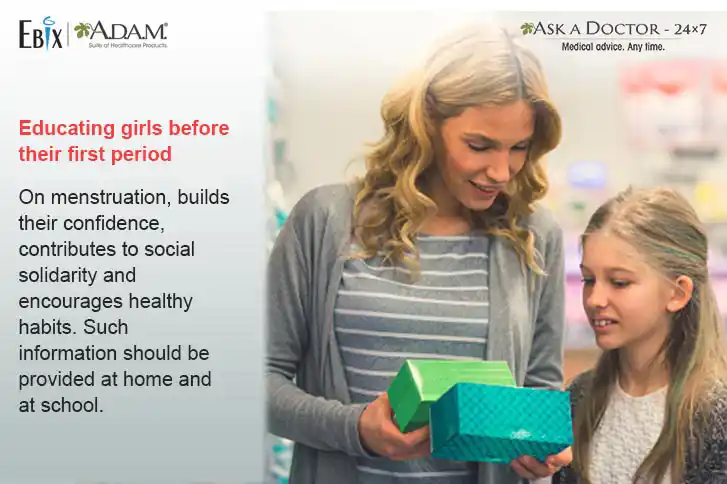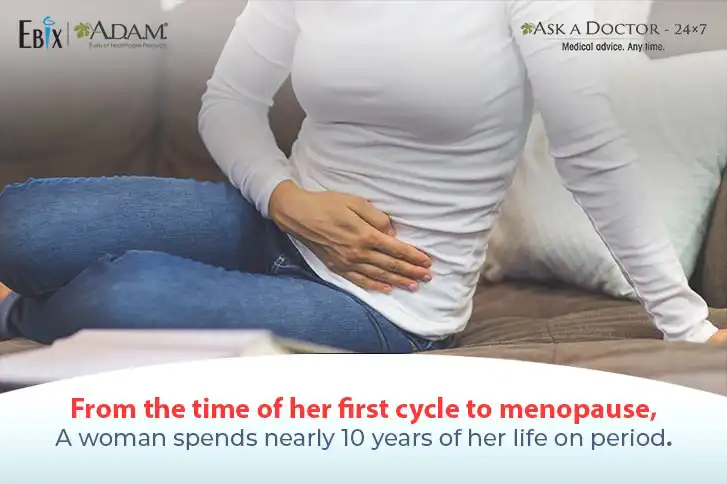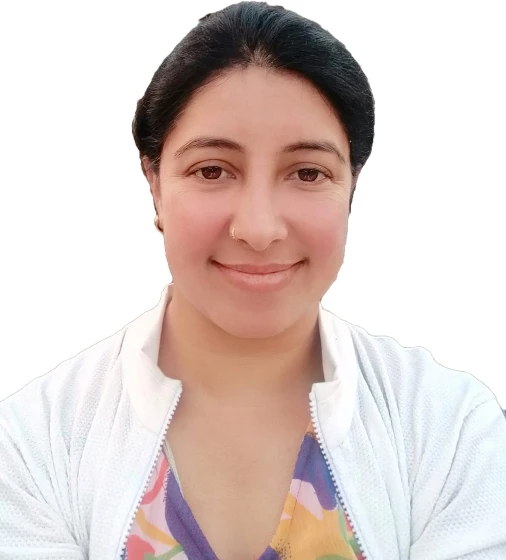Frequently Asked Questions From Adolescent Girls About Menstruation: Answers An Expert
Why menstruation is not much talked about when it is not a taboo topic to discuss anyway.
The women in my home always spoke in hushed tones about menstruation, and I don’t remember openly talking about any of my menstrual fears even to my mother. Hence, whatever I learned about periods as a teenager was through my female friends in school. When I reached menarche (the medical term for the beginning of menstruation), I was almost scared to death.
Today, I am sure the scenario is a bit different. Schools have started to conduct menstrual awareness and sex education classes for students. There still exist girls who think they have got a urinary infection or some serious illness when they experience menstrual bleeding for the first time. There are many fears, anxieties, and questions of adolescent girls that go unaddressed. In this blog, our expert discusses a few of such frequently asked concerns that most adolescents have about periods. Read on…
1. What is a period?

A period is a biological process of eliminating a woman’s tissue that her body no longer needs. The unwanted tissue is from a reproductive organ called the uterus, where the baby can be formed in a female body. Every month the uterus lining gets thicker to prepare for pregnancy. If you are not pregnant, the uterus lining is eliminated as blood by the body through the vagina. This natural monthly process is called menstruation or periods.
This process is absolutely normal and there is nothing to worry about. Do talk about your menstrual fears with your menstrual awareness trainer, mother, or a female friend.
2. When will I get my first periods?
Most girls, get their first periods between the age of 10 and 15. If breast development doesn’t start by the age of 13 years of the first menstrual period doesn’t start by the age of 16 years, it is called as delayed puberty and this concern should be brought to the attention of Medical practitioners.
3. What is a normal menstrual period?
On average, menstrual bleeding lasts between 3 to 7 days. However, this differs from person to person. When you bleed, you may get abdominal pain and cramps. If it is too severe, do consult a doctor. Ideally, menstrual bleeding occurs once every month. If it’s irregular or you do not get it, keep your parents or caretakers informed and consult a doctor at the earliest.
4. How to use a sanitary napkin?
When you bleed for the first time, the first step is to inform your parents or caretakers. However, it is always better to know what a sanitary napkin is and how to use it. Sanitary napkins are disposable leak-proof napkins you can use during your periods. You can get it from a medical store nearby. There are other kinds of sanitary products available in the market such as tampons and menstrual cups which needs to be inserted into the vagina. Nevertheless, if you are a teenager and are preparing for your first period, I suggest a sanitary napkin as it is easy to use and placed externally. Make sure to read the instructions provided on the sanitary napkin package to know how to use it.
5. Why use sanitary pads?
I know it would probably be a troublesome process and difficult to get used to it. However, remember girls from remote villages who use traditional cloth napkins even now, which are washed and re-used every single time. The life of a new-generation teenager is made far easier with the availability of sanitary napkins at a cheaper cost in every other store these days. Underwear used during periods made of cotton and allow air to pass through.
6. How to maintain hygiene?
Hygiene during periods is very important. Keep your vagina clean and dry. Change the napkin at least once every 3 to 4 hours. Throw the used napkins in a safe disposal trash wrapped in layers of toilet paper or newspaper. Never flush down the used napkin in the toilet. Also, remember to wash your hands with soap and warm water. Cloth napkins can be washed with salt water and need to be dried and kept in a secret place wrapped in paper. Washing and wiping of genitals should be done from front to back to avoid urinary infections. A warm water bath is more suitable during menstrual periods. Hair can be washed on the last day of the period. pH is a hot topic of discussion especially in the altered normal flora of vaginal mucosa. Preparations to re-store pH should not be used routinely.
7. Will my periods ever stop?

Women get periods until a certain age. In the medical world, it is called menopause. In most women, menopause happens during their late 40s or early 50s. Women get menstrual bleeding till menopause. After menopause, women lose the ability to bear children. There are certain cases of premature menopause are also observed, which in the long run results in the occurrence of varied health issues.
8. What are common health concerns?
Common health concerns seen in females of reproductive age are anemia, vaginal discharge, pelvic pain, premenstrual syndrome, mood swings, and menstrual irregularities. Iron-rich foods like dates, carrots, and spinach should be routinely included in one’s diet. Regular exercise and yoga can ensure hormonal balance and regular periods. Barrier contraceptives like condoms help prevent an unplanned pregnancy and unwanted infections. Hormonal contraceptives can disturb periods, so these should be taken under a doctor’s guidance only. Supplements of iron, calcium, and vitamins should also be taken under the doctor’s guidance.
For any health concerns that do not seem to get better with natural methods, Ask a Gynecologist online and get answers to all your queries in less than 24 hours.
Recently Answered Questions on Menstruation
For a more detailed, immediate answer, try our premium service. Book a consultation.
Ask a Specialist
Recent Questions


